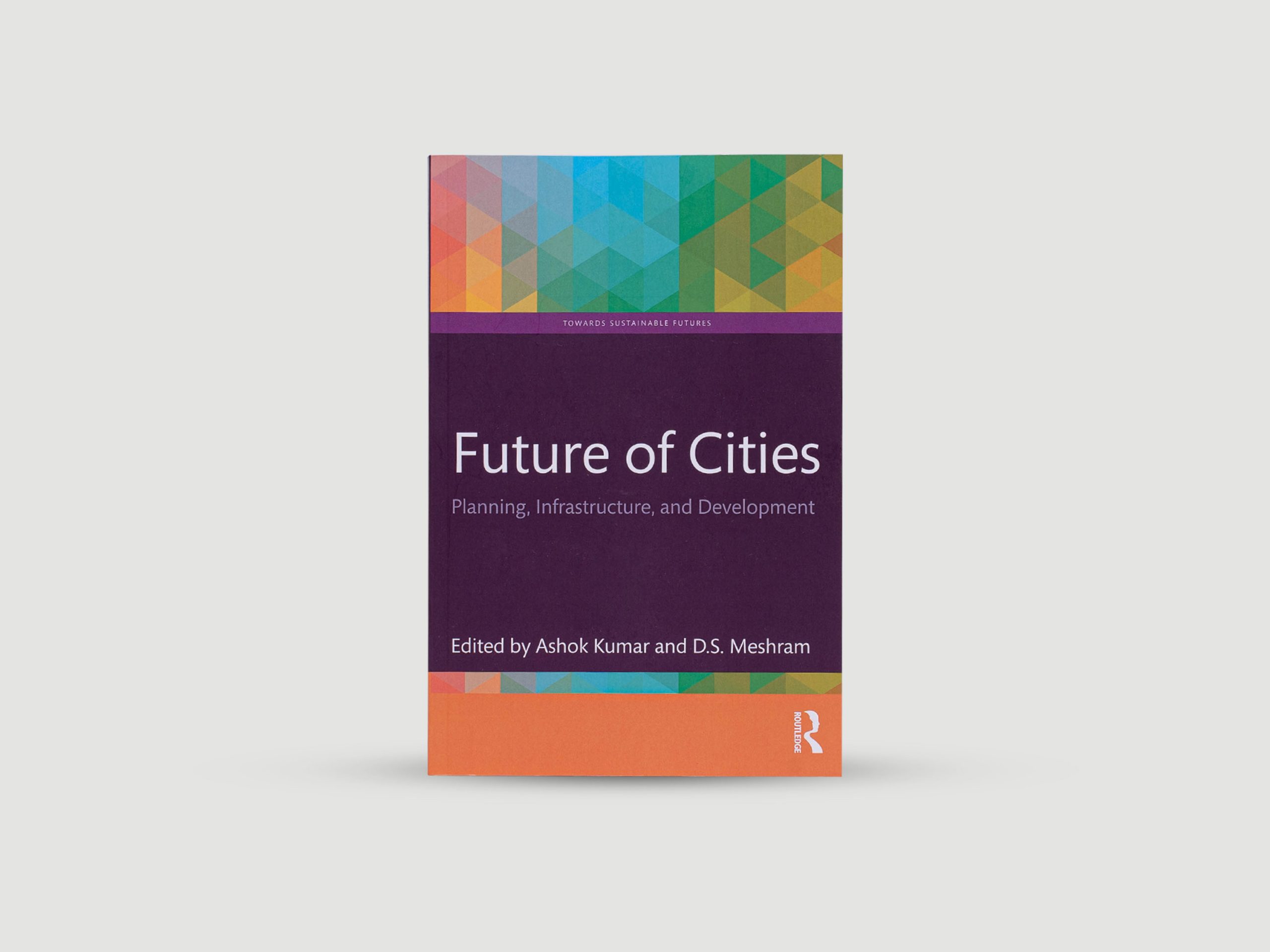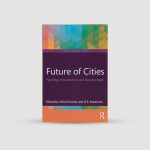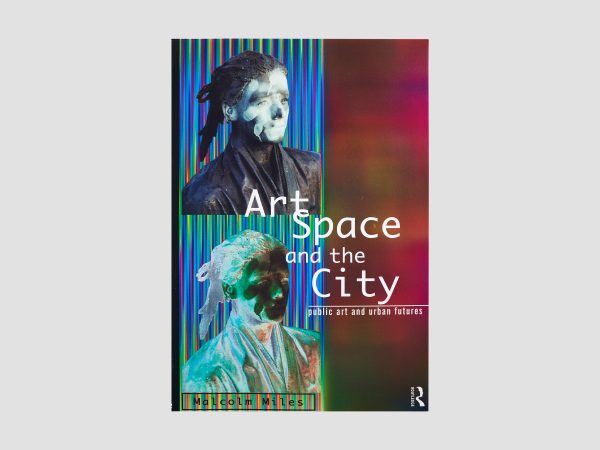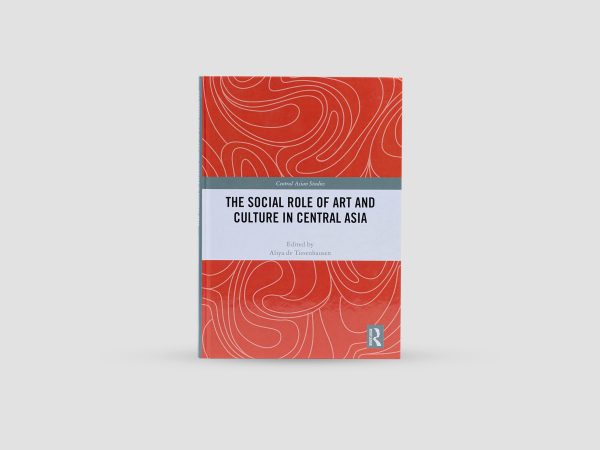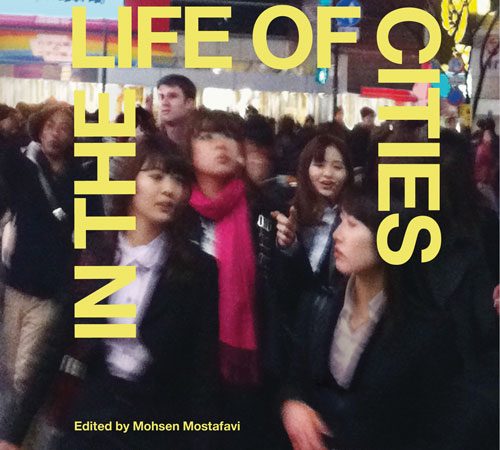It provides an overview of the nature of opportunities presented by cities; major challenges that cities would face in future; and codifies the ways and means to transcend the challenges of contemporary urban growth and quality of urbanisation. It discusses key themes such as architecture of density, transformation of land-use zones to development zones, development of railway infrastructure, planning and design guidelines for bus rapid transit, and urban water planning and universal access to housing to create an enabling environment for deliberations and a better future for cities in the developing world.
The book integrates insights from governance, planning, and design and highlights implications of spatial integration. It brings together current issues in Indian urbanisation, smart technologies used in building smart cities and high-rises, and urban and regional governance to explore forms of sustainable development planning that factor human needs.
Accessible and topical, this book will be useful to scholars and researchers of urban studies, urban and city planning, development studies, sociology, public policy and administration, political sociology, anthropology, architecture, geography, and economics, as well as to professionals, planners, policymakers, and non-governmental organisations.
About the Editors
Ashok Kumar is Professor of Physical Planning and Dean (Academics and Student Affairs), School of Planning and Architecture, New Delhi, India.
D.S. Meshram is President, Institute of Town Planners, India, a trained architect, and a spatial planner.
About the Publisher
Taylor & Francis is one of the world’s leading academic publishers – and one of its most enduring.
For more than two centuries Taylor & Francis has been committed to the highest quality scholarly publishing, and this remains our goal today. Our purpose is to foster human progress through knowledge – something we’ve been doing since the Enlightenment. We aim to promote a positive future for everyone through our work.
